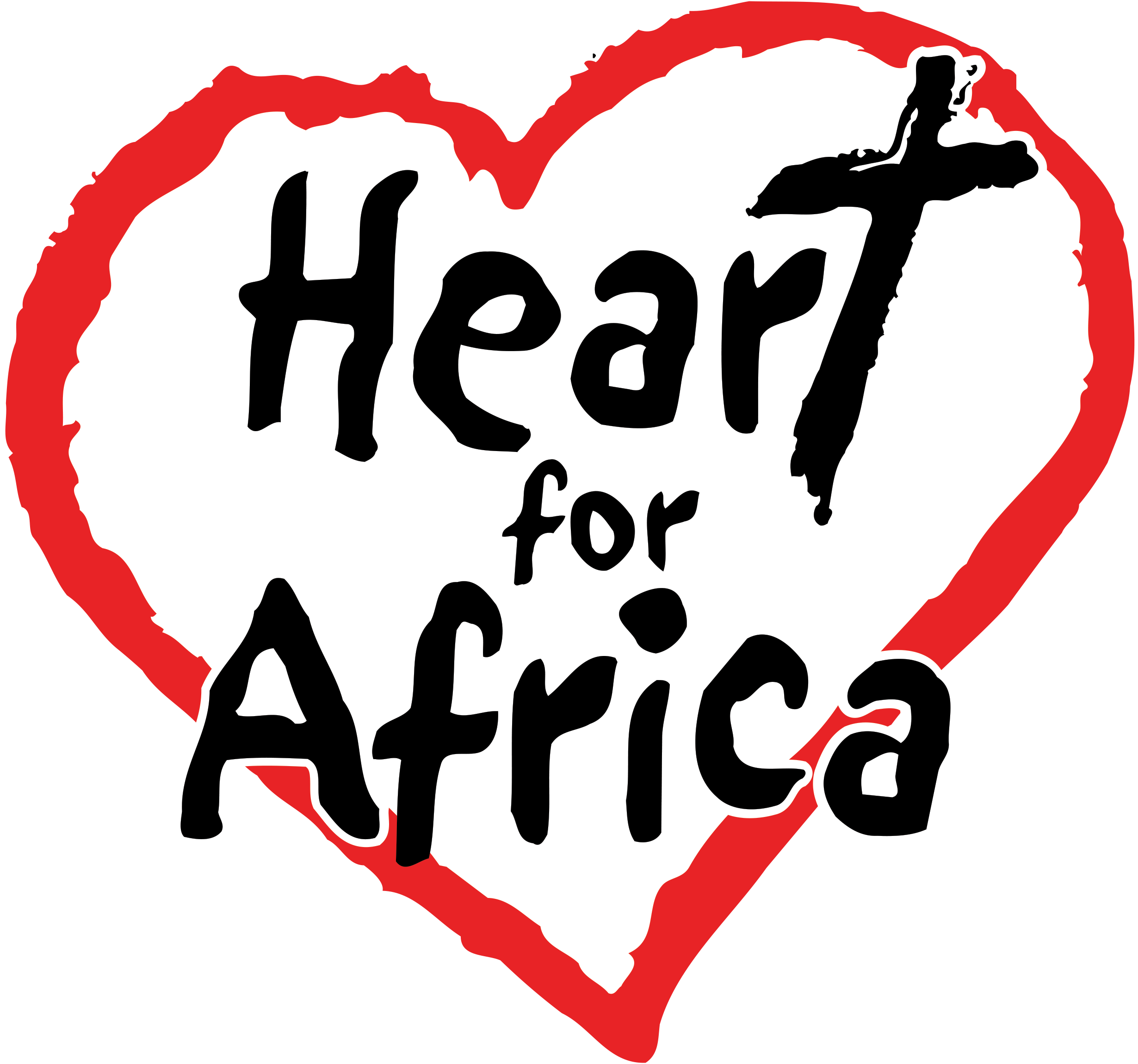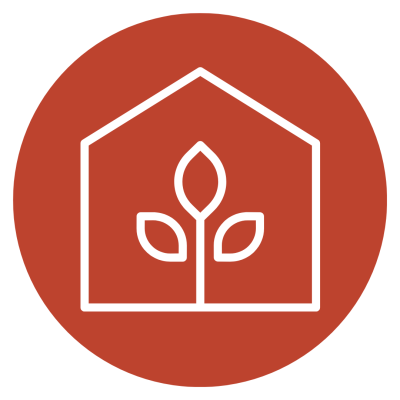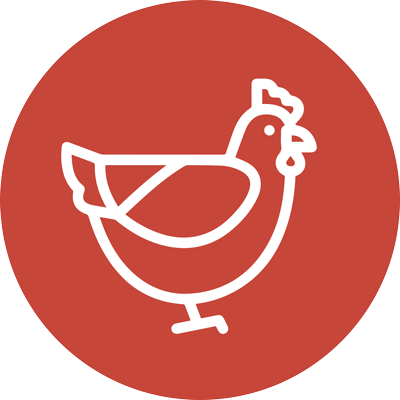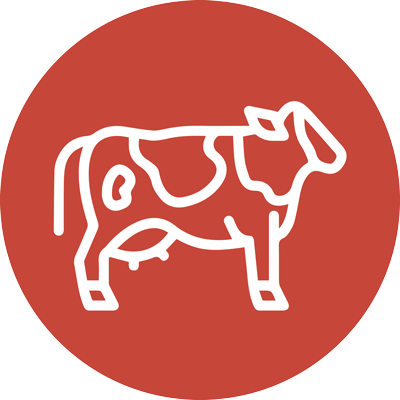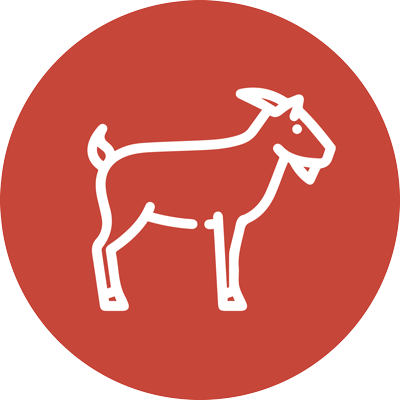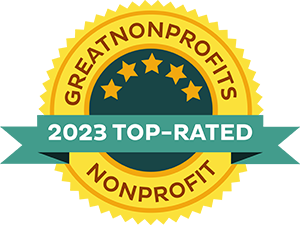Fight Hunger
The Project Canaan Farm strives toward a self-sustainable future through a combination of traditional agriculture and greenhouse farming.
Why are people starving in Sub-Saharan Africa?
Most of the population in Eswatini relies on subsistence farming, however the country is plagued with many challenges. Eswatini has an estimated 70% unemployment rate, half a country filled with orphans and vulnerable children due to the HIV/AIDS pandemic and 95% of all food is imported (and expensive). Because of this there is very little to no food at all at rural homesteads. The food that was typically grown at home was maize, but because the country has been in drought for three years, no one has planted maize. That food upon which they used to subsist does not exist. While maize has very little food value, it at least curbed the family’s hunger, stopped the crying and provided comfort.
With no maize, households in Eswatini count upon the school feeding programs to provide students with a meal at school so that they can focus on studies. These programs run Monday through Thursday and then schools close early on Friday, so that they don’t have to feed the children. That stretches the food longer, but even it is running out early. In 2019, many schools reported that their government food allocation (which is donated by USAID) ended as early as August and as late as mid-September, leaving all children in school without a single meal in a day.
Our mission towards self-sustainability
The Project Canaan Farm initiative of Heart for Africa is vitally important to the goal of self-sustainability. To achieve self-sustainability, our farm focuses on: a 2-acre greenhouse, seedling house, 6,000 layer hens, dairy cows, goats and approximately 10 acres of traditional produce. The farming aspect of Project Canaan focuses on raising nutritional produce for our children’s homes, our local community and our network of 30 rural church partners. To learn more about how Heart for Africa is moving towards self-sustainability through these projects, select one below.
Greenhouse
In 2015, we built a greenhouse. As part of our continuous efforts to expand and diversify our farming endeavors, we’re excited to announce the conversion of our greenhouse to vanilla production. Vanilla is a very profitable crop. When we grow and sell green beans we get .66 cents U.S. for 2.2 pounds of beans. Vanilla sells for $350 for 2.2 pounds. This new endeavor will not only generate income in the future, but also a lot of employment as it is highly labor intensive.
We’ve constructed a state-of-the-art seedling hot house. It has the capacity to accommodate 5,000 trays of seedlings, equivalent to 1 Million seedlings at full capacity! This new venture holds immense potential for profitability, thanks to our cost-effective (nearly free) water supply sourced from the top of the mountain. We are now able to sell these seedlings to other farmers in our community.
In addition to the fields and greenhouse, we have a large pack house (like a giant refrigerator) that will allow us to be certified for export.
Field Crops
Project Canaan Farm is the lifeblood of our mission in Eswatini and has many facets. We have 30 acres of fields that have drip irrigation for watering. We mostly grow food for the children’s campus consumption and then a lot of vegetables that we sell to the local market. Eswatini imports 95 percent of its fruits and vegetables, so to be able to grow food people want to buy and eat, and to be able to provide it without the importation cost, is very exciting to us. In addition to the irrigated fields, we have 140 acres of dry fields we use for maize silage and hay production for our dairy.
Egg Project
The other big project that rounded out the farm was the building of two barns in which we now have 6,000+ laying hens. With the support, funding and expertise of our partners, Egg Farmers of Canada, this project came to be a vital piece of our Hunger initiative. Laying hens lay an egg on average every 26 hours, so we get approximately 4,500 eggs every single day. These eggs are consumed by our children and staff. The eggs are also used to make our own mayonnaise.
However, the majority of the eggs we produce are distributed into our communities and to our rural church partners. These eggs are hard-cooked and then undergo a special preserving treatment that enables the eggs to last without refrigeration for up to one month. With very few people in the rural communities having refrigeration, this was a game changer. The humble egg has enabled us to provide a very valuable protein to help fill the need for food in the communities around us. Since egg production began in 2015, we have distributed over 11 million eggs into our communities.
Dairy Cows
Our dairy started with six cows and it has grown to a herd of 130 (that we hope to continue to expand). In the beginning the milk produced was solely used for our babies and toddlers, but then as the herd grew, we were able to sell the excess milk to a local milk-processing company.
Now we produce ALL of the milk our children drink. We also make our own yogurt daily. In addition, to the dairy cows, we have a small herd of beef cattle. We have our own abattoir, where we can harvest the red meat used for our children and children’s campus staff we feed. This has completely eliminated all purchase of red meat and saved us a lot of money.
As the number of children increase, we need to add to our dairy cows to provide fresh pasteurized milk for our children and to sell in our community. The cost of one dairy cow is $1,300.00. Gifts of any amount are appreciated!
Goats and sheep
Goats are a favorite red meat among Swazis. We have a growing herd of goats and sheep that graze with our beef cattle. We have our own abattoir, where we can harvest the red meat used for our children and children’s campus staff we feed. This has completely eliminated all purchase of red meat and has saved us a lot of money. Your gift will help us to add a goat or sheep and increase our herd.
Help us feed the hungry
Your gifts will help us to provide food to our network of 30 rural church partners and people in our surrounding communities.
eggs
With the completion of the egg barns we are now able to provide hard-boiled eggs to our rural church partners and people in the community. For a donation of $25 we will deliver 250 hard-boiled eggs to hungry people in desperate need of this nutritious protein.
sugar beans
Support the children in the community/church by purchasing nourishing sugar beans. Sugar beans will add important protein to the children’s diet. With each $25 donation, a 22 lb bag of sugar beans will be delivered to help feed orphans and vulnerable children in the communities.
Prepared Goat
The people of Eswatini love goat meat. It is an excellent source of protein. For a donation of $200 we will slaughter, prepare and deliver a goat to a rural church. Your gift will provide a very nutritious meal to the children in the communities.
Hunger initiative
The second part of our fight against Hunger is our partnership with 30 rural churches across Eswatini to help them feed the children in their communities. Our desire is to help the church be the church for the children in need by providing healthy and nutritious food. Our delivery driver and assistant drives 2,200 miles every two weeks to deliver MannaPack™ and hardboiled eggs to each of our 30 churches. Each church receives a delivery from us twice a month and we also deliver MannaPack™ to many of the social welfare offices, so they can at least provide a food pack for children who come to them starving.
Heart for Africa’s partnerships with organizations such as Feed My Starving Children, Gleanings for the Hungry, Okanagan Gleaners of Canada and Egg Farmers of Canada has helped to supply food to our rural church partners since 2009.
In 2019 we visited all church partners and did “well-child checks” on the 3,500 hundred children we feed every week. What we discovered was malnutrition and stunting even where we were feeding. So in 2020, we expanded our Hunger Initiative with a vision to eradicate hunger in the 3,500 orphans and vulnerable children we serve each week through our church partners. A new plan is now underway to provide each church with a cooking structure, necessary materials and hire two cooks. This new plan will enable each church to provide a hot, nutritious meal every single day to the children they serve while also providing a structure to keep the food secure. The new plan will better help Heart for Africa to keep our church partners accountable and transparent.
"It is our honor and our privilege."
Ready to make a difference?
